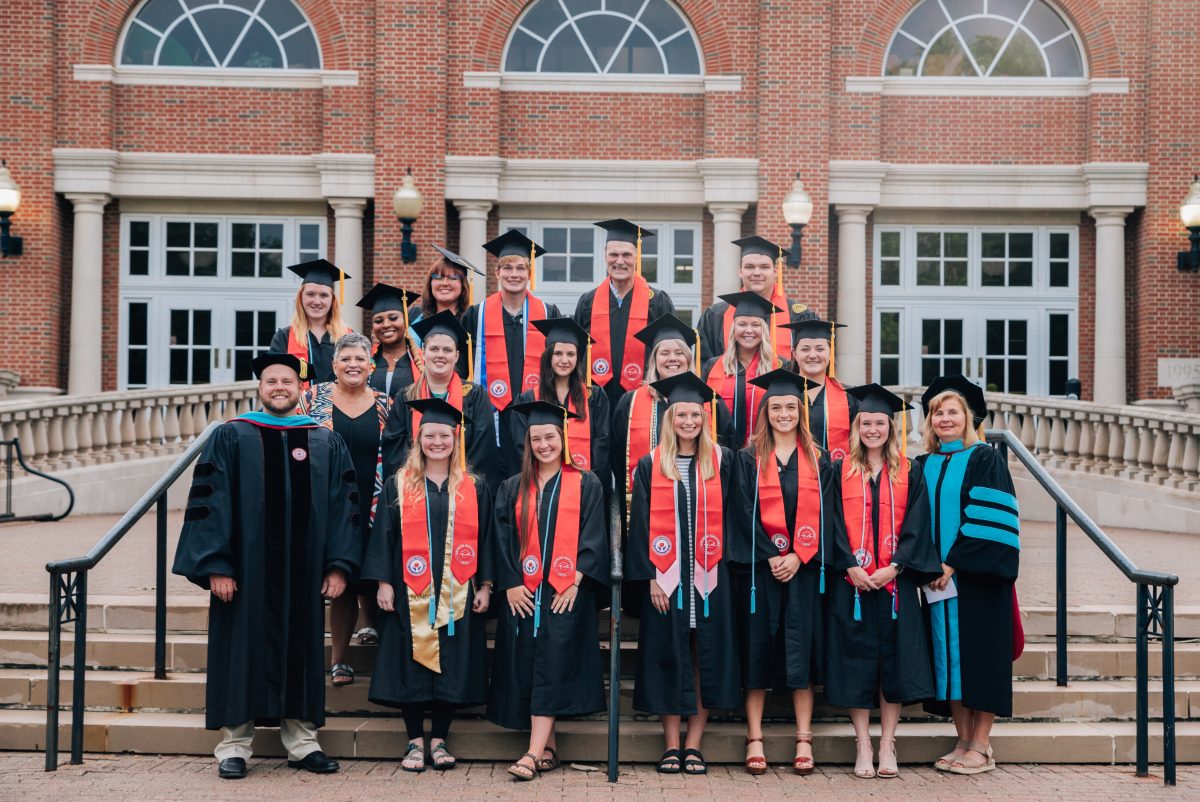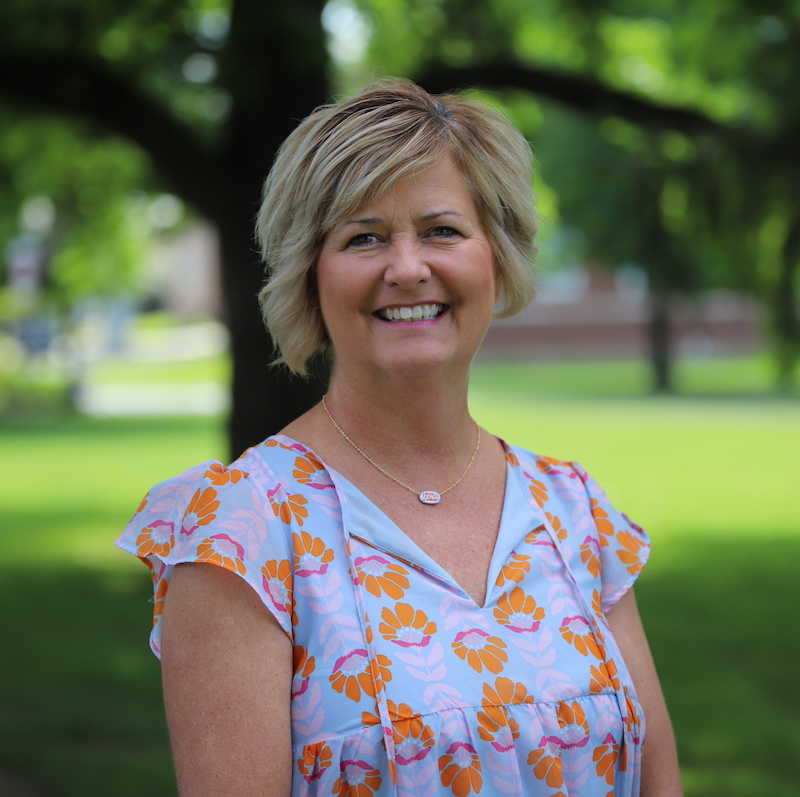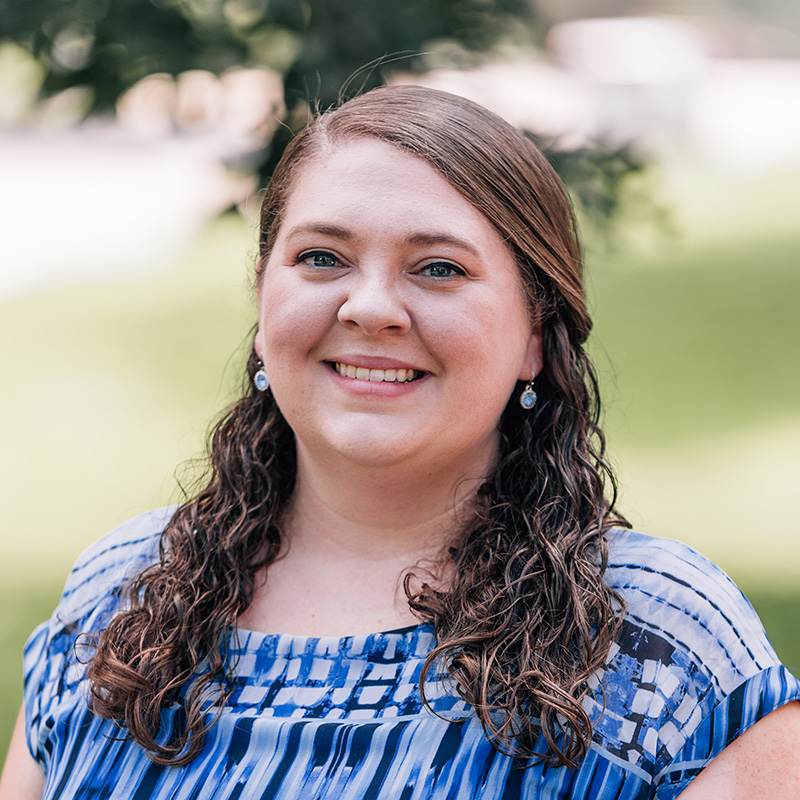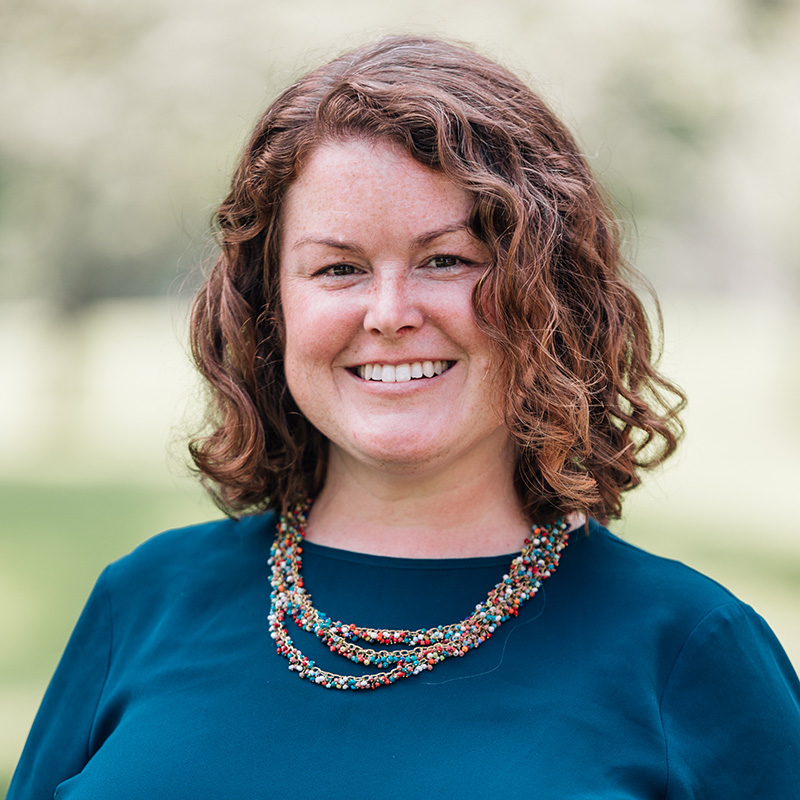Academics at Hanover:
At Hanover, a community of teachers and learners prepares committed, competent, culturally responsive, and critically reflective new teachers.
- Committed to professional practice, ethical conduct, and diverse perspective.
- Competent in pedagogical content knowledge and effective use of technology in a well-designed classroom.
- Establishes high expectations for students in a culturally responsive manner that understands and values diverse learning needs, incorporating student talents and interests.
- Engages in critically reflective practice by seeking feedback and transforming assumptions to evaluate student learning and overall teaching effectiveness.
HANOVER COLLEGE’S NETWORK OF EDUCATION PROFESSIONALS
As a Hanover education student, our professors, experienced clinical educators and your liberal arts professors will support and mentor you throughout your four years of study.
You can choose to teach in a more urban setting like Philadelphia, Indianapolis, Denver or Louisville.
Your professional network expands with each new field experience as resources and ideas are shared and tested.
The Levett Career Center creates your credential file and offers job fairs and workshops for you as you prepare to graduate and apply for a first-year teaching job.
EDUCATION AT-A-GLANCE
- Accredited by the Council for the Accreditation of Educator Preparation (CAEP).
- 100% job placement rate of graduates seeking employment in the field of education.
- 127 students enrolled in education courses.
- 56 admitted teacher candidates.
- 25 graduates (13 elementary, 12 secondary, 8 dual)
- At least 100 hours actively engaged in public school classrooms, starting as early as first-year students.
- 490 hours – the average number of required hours of supervised clinical experiences for student teaching.
LICENSURE AREAS
- Grades K-6
- Special Education Dual License P-12
- Grades 5-12
- English
- Mathematics
- Social Studies
- Historical Perspectives
- Government/Political Science
- Economics
- Sociology
- Pyschology
- Biology/Life Science
- Chemistry
- Earth/Space Science
- Physics
- Spanish 5-12/P-12
- French 5-12/P-12
- German 5-12/P-12
- Visual Arts 5-12/P-12
- Theatre 5-12/P-12
- Health and Physical Education 5-12/P-12
Learn more about facts, figures and associated costs and fees at education.hanover.edu.
“We place students in urban student teaching experiences in Indianapolis, Louisville, and Denver and within a 30 mile radius for local student teaching. Students are encouraged to be members of the Indiana Student Education Association(ISEA), which hosts state-level education leadership opportunities, professional development conferences and a speaker series. Our students also present development topics to practicing teachers and have been involved in research activities around best practice in education.”
Dustin Bailey
Associate Professor of Education
HOW DO HANOVER COLLEGE EDUCATOR PREPARATION PROGRAMS WORK?
- Pre-admission to the Program Students interested in becoming teachers should take our entry level course (EDU 221) as a first year student when possible to become familiar with classroom field work and the requirements of the Educator Preparation Program by meeting with Education faculty for advising. Other courses can be taken prior to admission including EDU 172 (Elementary Education requirement only), EDU 231, EDU 240, EDU 306, and the Special Education courses EDU 252, 253, 254, 255, 256.
- Decision Point One is formal admission to the Educator Preparation Program by the Teacher Education Committee. All sophomores should apply by the Oct. 15 deadline (students may appeal for late applications). Only admitted candidates may declare an Elementary Education Major or Secondary Education Dual Major and take upper level (Methods) EDU courses.
- Decision Point Two includes an interview and a professional portfolio review to ensure that students are ready for their Student Teaching assignment
- Decision Point Three includes successful student teaching assignment and a Decision Point Three Presentation as well as graduating with a bachelor’s degree in an approved teaching major.
“The most important lesson I took away is the confidence I needed to be more than a competent teacher, but to be a successful one. I cannot wait to continue to contribute to the lives of high school students after graduation.”
Andrea L. Thomas ’11

Special Education Dual Certification (K-12) is possible for both Elementary Education and Secondary Education candidates by completing the additional coursework. Special Ed certification is not a stand-alone program.
Courses
Faculty and Staff
 Dustin Bailey
Associate Provost for Assessment, Associate Professor of Education, Head of Educator Preparation
812-866-7392
bailey@hanover.edu
Dustin Bailey
Associate Provost for Assessment, Associate Professor of Education, Head of Educator Preparation
812-866-7392
bailey@hanover.edu
 Stephanie Courtney
Adjunct Faculty - Education Department - Social Studies Methods
courtney@hanover.edu
Stephanie Courtney
Adjunct Faculty - Education Department - Social Studies Methods
courtney@hanover.edu
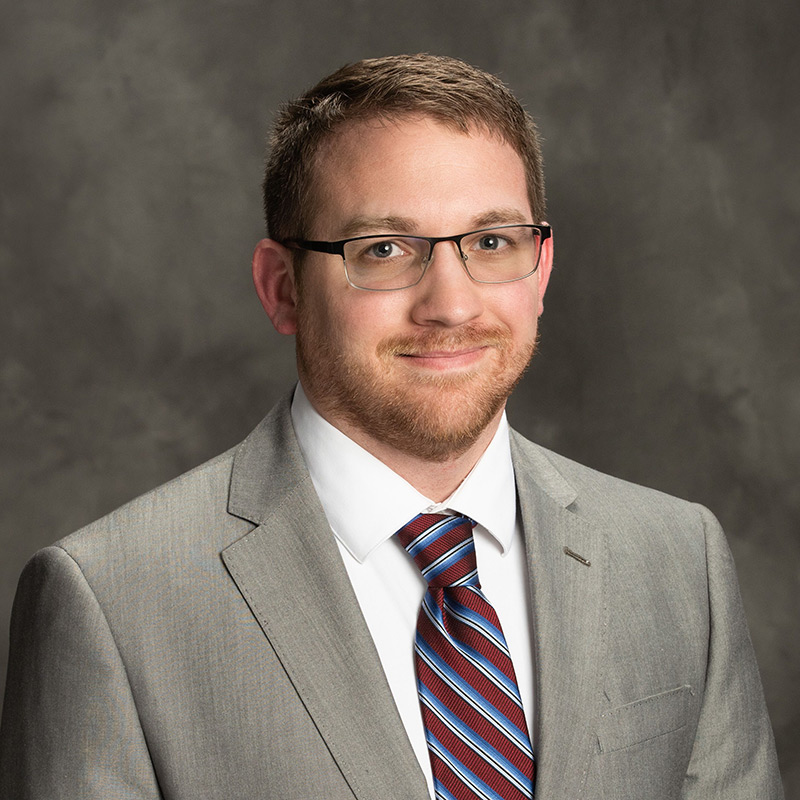 Quinten Hizey
Adjunct Faculty - Education Department - English Language Arts Methods
hizeyq@hanover.edu
Quinten Hizey
Adjunct Faculty - Education Department - English Language Arts Methods
hizeyq@hanover.edu
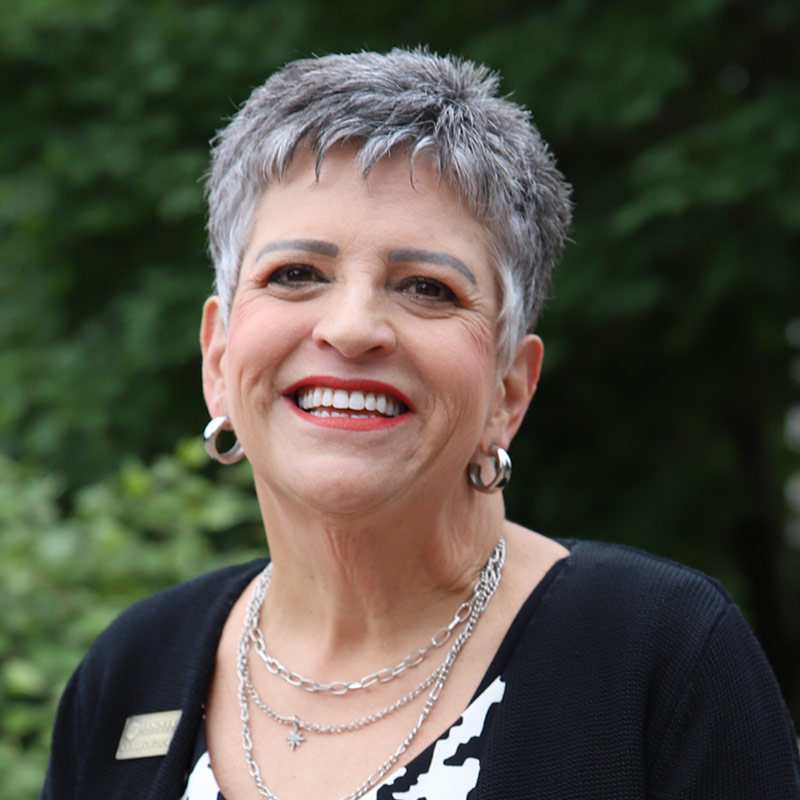 Cheryl Torline
Education Student Services Coordinator/Teacher Licensing Advisor
812-866-7390
torline@hanover.edu
Cheryl Torline
Education Student Services Coordinator/Teacher Licensing Advisor
812-866-7390
torline@hanover.edu
 Kay Williams
Professor Emeritus/Adjunct Faculty - Education Department - Mathematics Methods
willkay@hanover.edu
Kay Williams
Professor Emeritus/Adjunct Faculty - Education Department - Mathematics Methods
willkay@hanover.edu
